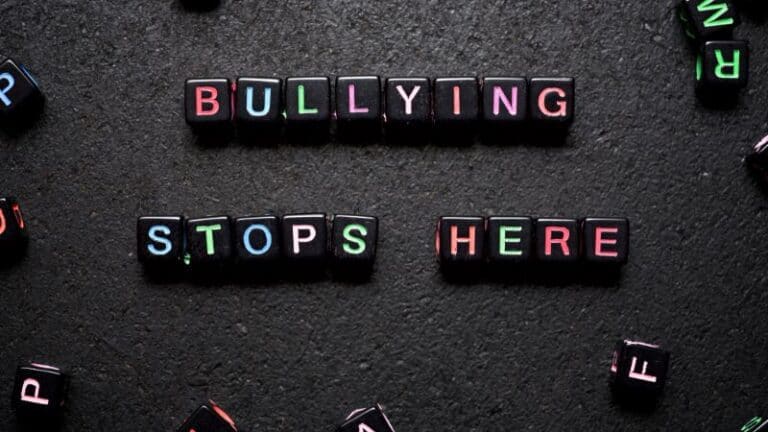As parents and guardians, we have the shared responsibility to ensure the safety and well-being of our children, both in the real world and the digital one.
In the Philippines, one of the laws designed to protect our children from harm is the Anti-Bullying Act of 2013 (Republic Act No. 10627).
In this article, we’re going to break down this law into simpler terms, so you can better understand how it helps safeguard our children from bullying.
What is the Anti-Bullying Act of 2013?
The Anti-Bullying Act of 2013 is a Philippine law requiring all elementary and secondary schools to implement policies to prevent and address acts of bullying in their institutions.
Key Provisions of the Anti-Bullying Act of 2013
- Section 3 of the law defines what constitutes ‘bullying’. In simpler terms, bullying can take the form of physical harm, verbal abuse, making humiliating gestures, cyberbullying, and damaging someone’s reputation or relationships.
- Section 4 demands all schools to create a Child Protection Committee (CPC) that develops an anti-bullying policy. This policy should include preventive measures, a code of conduct, and disciplinary measures.
- Section 5 outlines what the anti-bullying policy should include, like the scope, prohibition of bullying, reporting and responding procedures, strategies to prevent bullying, and measures to help victims and manage offenders.
- Section 6 requires schools to inform students, parents, and guardians about their anti-bullying policies.
- Section 7 mandates schools to provide students and their parents or guardians a copy of the anti-bullying policy.
- Section 8 calls for sanctions for any non-compliance or violation of the anti-bullying policies.
What Does This Mean For Parents and Guardians?
In essence, this law is designed to make schools safer places for our children. It makes sure schools are proactive in preventing bullying, responding effectively when it occurs, and educating students and their families about the harm bullying can cause.
As parents or guardians, we can help by familiarizing ourselves with the school’s anti-bullying policy, supporting our children if they’re a victim of bullying, and encouraging them to be responsible digital citizens.
If your child is being bullied, or if they witness bullying, they should know how to report it and be assured that the school will take appropriate action.
Remember, understanding the law is the first step in protecting our children. Let’s work together with schools to create a safe and supportive environment for all students.
If you’re tired of knowing but not doing…
Let’s make one shift easier to live daily.
→ Shift Experiences








